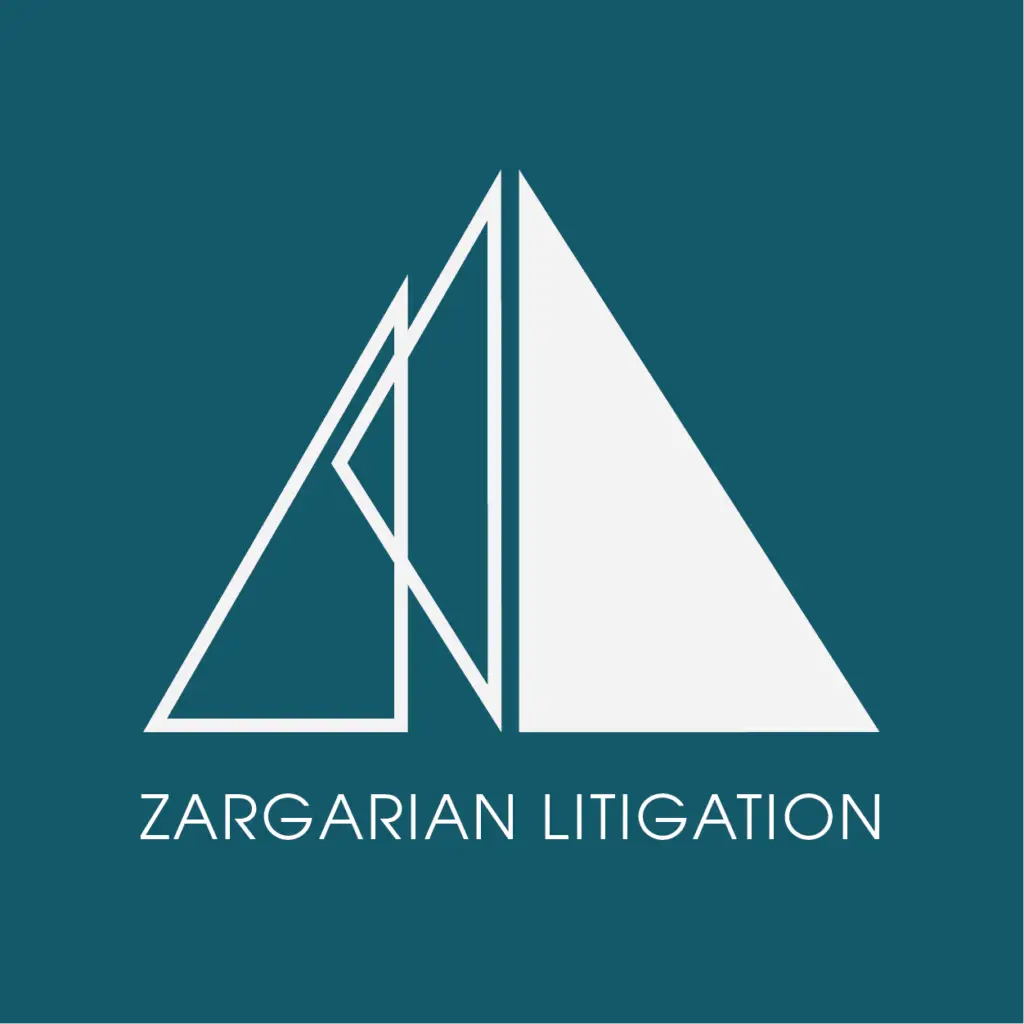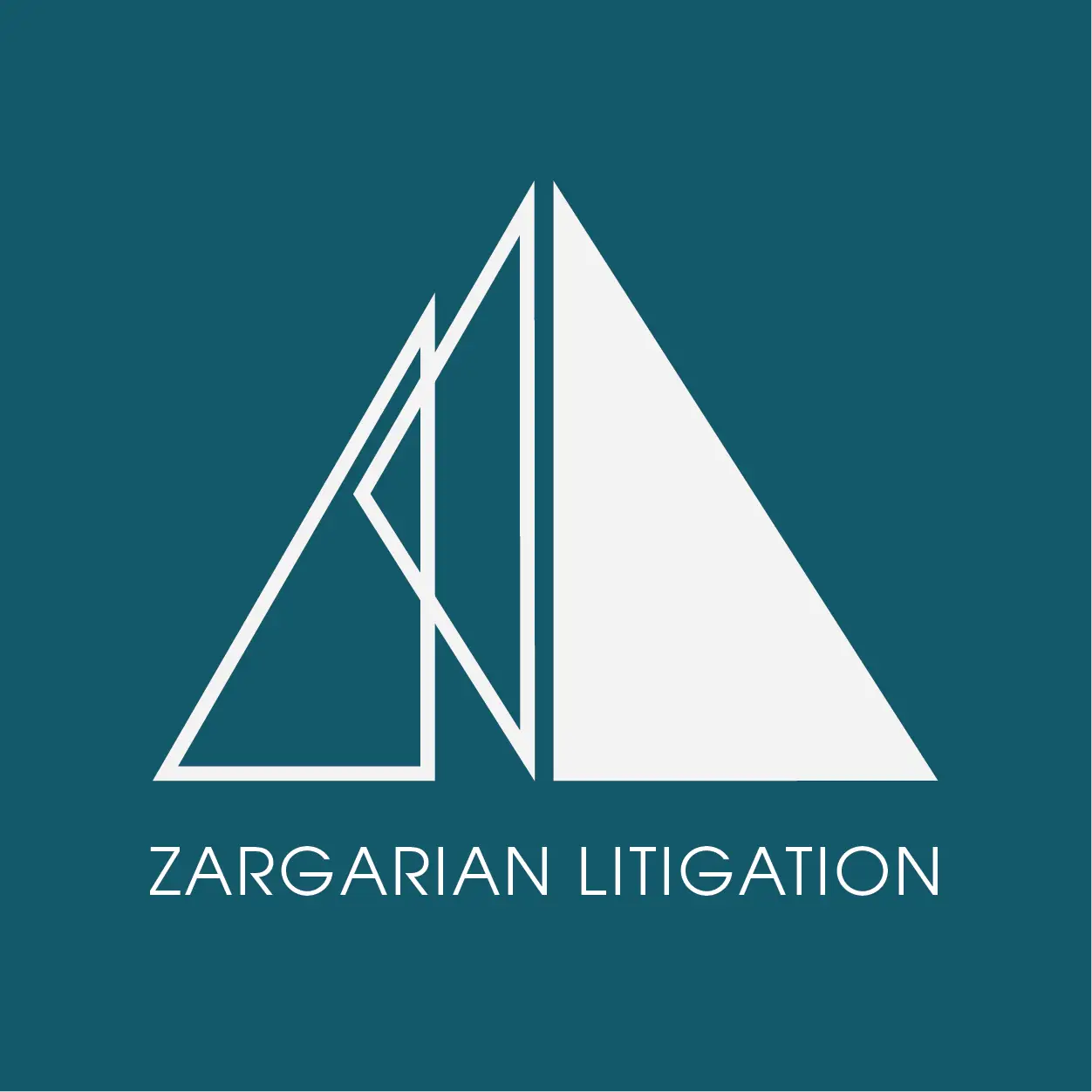On September 13, 2021, by order of the Provincial Health Officer, proof of vaccination will be required to access some events, services, and businesses. Policies at the workplaces may change and require workers to show proof of vaccination. Some workplaces are prioritized for vaccination because of the nature of the workplace and their safety concerns. These workers have likely already been contacted to arrange vaccination.
The federal government has imposed a mandatory vaccination policy for public servants and air passengers. The BC government has announced that workers in long-term care facilities and assisted living facilities must be fully immunized by Oct 12, 2021. These workplaces are prioritized for vaccination because of the nature of the workplace, the safety of individuals at the workplace, and any vulnerabilities existent in the workplace.

The employer’s decision to create a mandatory vaccination policy requires the consideration of: workplace health safety, employee interests, and labour and employment issues. Please seek legal advice if you need help in this regard.
Some services and businesses may not need to require proof of vaccination. For example, if you work in an environment that is 100% from home and you never interact physically with anyone in the workplace.
In other services and businesses, the threat of variants and the fact that vaccines curb virus transmission could be enough proof for some employer’s to require vaccination of its workforce. However, without direction from the BC government through legislation, employer’s will have to make decisions on a case-by-case basis.
COVID-19 Vaccination and Human Rights
It is entirely legal for non-unionized employers to terminate employees any reason, including for being unvaccinated. This becomes complicated if the employee views this reason to be discriminatory. It isn’t as simple as “believing” the decision to terminate you is discriminatory. To determine whether in fact you have a case of discrimination requires a legal analysis of the facts of the case on a case-by-case manner. If you think you have been discriminated in relation to vaccination – please seek legal advice.

The BC Human Rights Commissioner has stated that the COVID-19 vaccine should only be mandated in circumstances where “other less intrusive means of preventing Covid-19 transmission were inadequate for the workplace.
The purpose of human rights legislation is to protect individuals from discrimination on the basis of certain protected characteristics. One of those characteristics includes medical disability and another one is somebody’s legitimate religious beliefs.
Unfortunately, because businesses are still navigating how to manage vaccine protocol in the workplace, there is no one-size-fits-all response to whether your company is allowed to mandate you to have the COVID-19 vaccine.
To make things easier to navigate, however, your employer should have a clear and concise COVID-19 vaccination policy in place. The vaccination policy should clearly state your company’s expectations and take into account accommodation considerations.
Can an Employer Require You to Disclose Your Vaccination Status?
Yes. In some cases, employers may require you to disclose vaccination status. i.e. you work with palliative care patients at a live-in-care facility who are vulnerable and susceptible to COVID-19.
No, in some cases. I.e. you work from home 100% of the time and never physically interact with anyone in the workplace.
Key Takeaways
With the vaccine roll-out fully underway in British Columbia and the rest of Canada, many employers and employees are left questioning whether or not it’s acceptable to implement a vaccine mandate in the workplace.
There is currently no legislation in BC governing such a mandate, so employers are the ones deciding whether or not to require their employees to be vaccinated. Part of their decision-making analysis should be whether there is a less intrusive method than mandatory vaccination that would achieve a safe working environment.
Suppose you believe that your rights may have been discriminated against in terms of your workplace COVID-19 vaccination policy. In that case, you may want to engage the services of a lawyer to help you navigate the workplace policy and your rights.
Zoe Arghandewal of Arghandewal Law appreciates that it can be challenging navigating your rights during such an uncertain time. She is dedicated to assisting employees through the process of understanding human rights complaints and working towards the best possible resolution for you.
If you have any questions relating to your rights or another COVID-19-related workplace issue, contact us today.



